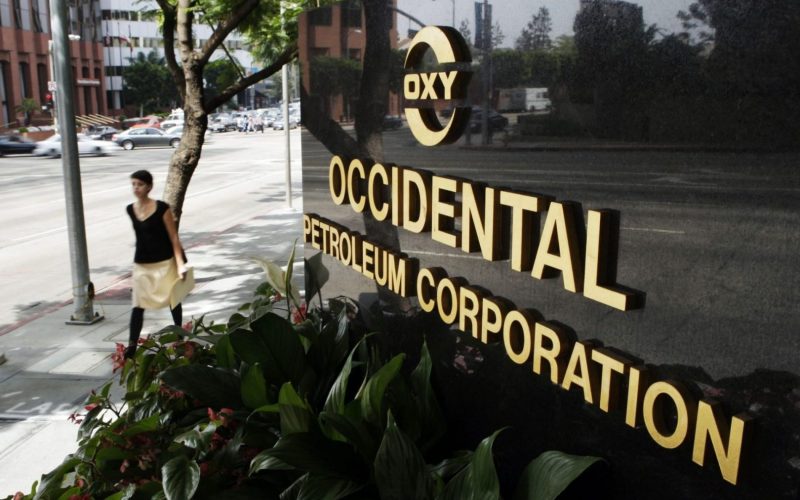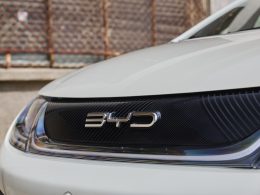Occidental Petroleum has acquired Holocene Carbon, a Tennessee-based direct air capture (DAC) start-up, marking its second major acquisition in the carbon removal space, Heatmap has reported. The financial terms of the deal remain undisclosed.
The acquisition was carried out through Occidental’s low-carbon arm, Oxy Low Carbon Ventures, which also purchased Carbon Engineering in 2023 for $1.1 billion following their collaboration on Project Stratos in Texas. Once operational, Stratos is expected to become the world’s largest DAC facility, capable of removing up to 500,000 tonnes of CO₂ annually.
Holocene, which launched a pilot DAC facility in 2024 capturing approximately 10 tonnes of CO₂ per year, gained industry attention after securing a landmark carbon removal deal with Google at a record-low cost of $100 per tonne.
According to Occidental, the integration of Holocene’s technology with that of Carbon Engineering is aimed at enhancing DAC efficiency and reducing operational costs. “We believe combining these technologies will enable us to advance our R&D activities to improve the efficiency of our direct air capture process, reduce CO₂ capture costs, and accelerate DAC deployment,” said company spokesperson William Fitzgerald.
Under Occidental’s stewardship, both Holocene and Carbon Engineering will continue their carbon removal operations. A portion of the captured CO₂ will be stored in dedicated geological wells, while some will be used for enhanced oil recovery—a process where CO₂ is injected into depleted oil fields to increase production.
This latter use has drawn criticism from climate advocates, who argue it risks undermining the climate benefits of DAC by facilitating further fossil fuel extraction. Despite these concerns, the acquisition is seen by some as a sign of continued investment in carbon removal technologies, particularly as the current U.S. administration reconsiders its stance on various climate initiatives.





















